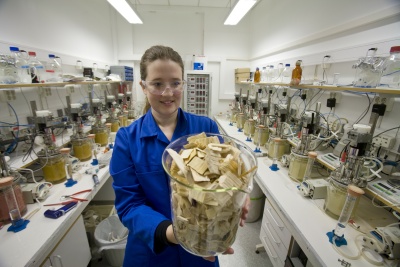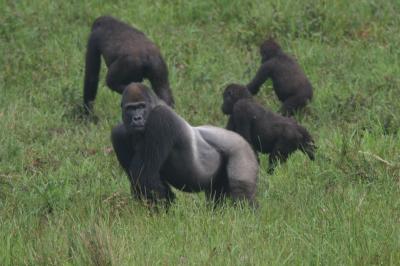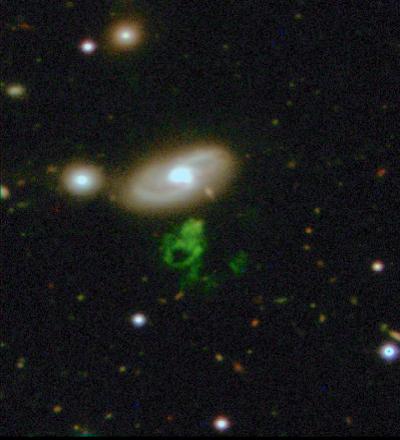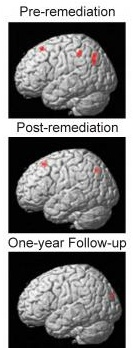Did you know that Norwegian trees require only a few minutes to replace the timber used to produce the first edition of Aftenposten - equivalent to the time we spend making our morning coffee.
Norway is full of forests and the trees are growing. With just one-third of the growth logged, there is plenty of growth each year. In fact, since sheep and other domestic animals no longer graze the scrub, the landscape is actually starting to be overgrown.
Meanwhile, paper production is less and less profitable, hurting the forestry industry. But that won't last, say a group of experts. In fact, the value of Norwegian wood is going to go up.
The reason, they say, is second generation biodiesel and bioethanol. First generation production of fuel from rapeseed(Brassica napus) and maize has faced strong criticism. Producing fuel on valuable topsoil in the face of greater worldwide food demand is unpopular.
But as much criticism as biofuels have taken, there is no question the world has huge areas that can be better utilized, and timber from agriculture and forestry can produce more useful growth.
Mimmi Throne-Holst, research scientist at SINTEF in Norway, is one of those who believe that Norwegian forests can provide the fuels of the future and that Norway should prioritize this because of considerable experience with bio refinery (Borregaard, Norske Skog) and large-scale production.

 Opioid Addicts Are Less Likely To Use Legal Opioids At The End Of Their Lives
Opioid Addicts Are Less Likely To Use Legal Opioids At The End Of Their Lives More Like Lizards: Claim That T. Rex Was As Smart As Monkeys Refuted
More Like Lizards: Claim That T. Rex Was As Smart As Monkeys Refuted Study: Caloric Restriction In Humans And Aging
Study: Caloric Restriction In Humans And Aging Science Podcast Or Perish?
Science Podcast Or Perish?













